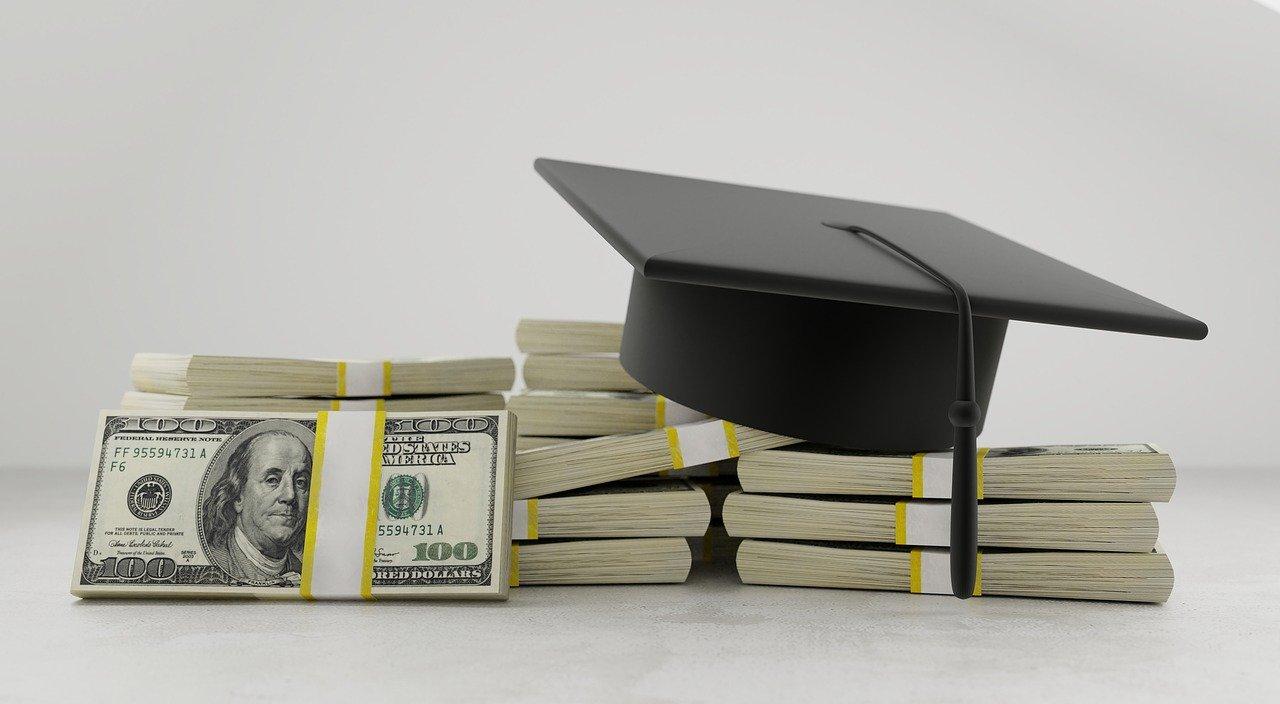When Do Student Loans Show Up on Your Credit Report?
Students should consider several factors carefully when taking out loans, especially their effect on credit. When do student loans show up on your credit report?
Oct. 7 2021, Published 10:20 a.m. ET

After mortgages, student loans have become the largest category of household debt. According to Fed estimates, in Q2 2021, Americans owed $1.73 trillion in student loans. According to the Department of Education, the average student loan debt in 2020 was $35,397, a significant jump from $32,600 in 2019. As many people depend on student loans to fund their education, they have a lot of questions. When do student loans show up on your credit report, and how do they affect your credit score?
Student loans are installment debt, meaning you have to pay it back in equal installments over a number of years. As a result, credit agencies see them much like auto loans or mortgages.
When do student loans appear on your credit report?
When you apply for a student loan, you open an account with the lender. While you don’t need to start making payments on the loan for six to 12 months after you graduate, the loan may start showing up on your credit report as soon as you take out the loan. The lenders can start reporting your account to the three major credit bureaus—Experian, TransUnion, and Equifax—at any time. The account status, however, is shown as “deferred” until the repayment period starts.

The reporting is necessary because the loan needs to be repaid eventually. However, whereas lenders consider your student loans while deciding whether to approve a new loan for you, the student loans don't significantly impact your ability to get non-educational loans while you're still in school, because your current monthly payment obligations are zero.
Another way student loans are reflected in your credit report is when you apply for them and the lender does a credit check, resulting in a hard inquiry on your credit report. Most inquiries won't impact your score by more than five points, though.
While you might have used a single lender for all your student loans, you should note that every instance of borrowing for each enrollment period or semester is reported as a separate loan on your credit report.
How do student loans impact your credit score?
Student loans appear early on your credit report, but a deferment on student loans doesn't impact your credit score—in some credit scoring models, deferred student loans aren't even included in the calculation. In fact, having student loans in your credit report could also be good for your credit score, as they add to your credit mix and show that you can handle a variety of loan products.
What, however, does hurt the credit score is if you fall behind on payments or default when you enter the active repayment period. Moreover, large debt loads hamper your ability to borrow more.
How and when lenders report your late payments to credit bureaus depends on if you've taken a federal or private loan. Federal student loans are generally a bit more lenient than private loans, where lenders can set their own rules.
What to do if you miss a student loan repayment
To minimize the impact of student loans on your credit score, it's best to contact your lender before missing a repayment. In some situations, you could qualify for additional deferment time or hardship assistance.
